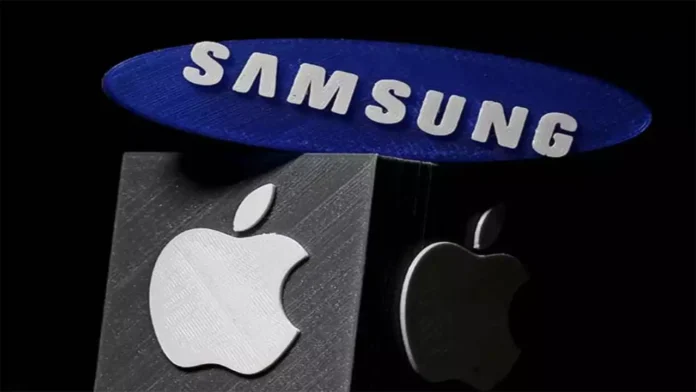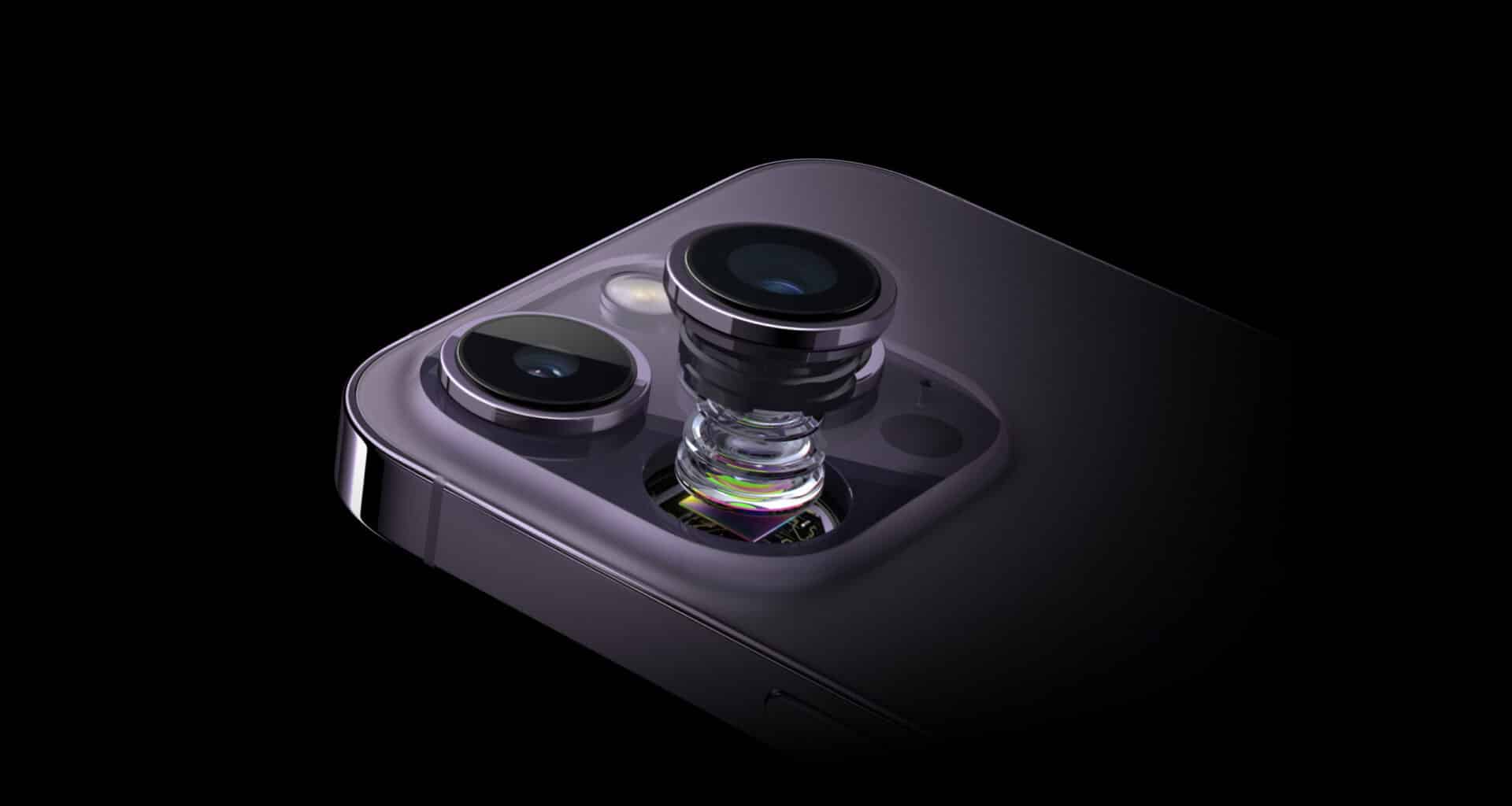Samsung camera sensors are reportedly set to make their way into the next-generation Apple iPhone 18, marking a significant shift in Apple’s sourcing strategy for its smartphone cameras. Historically, Apple has relied on Sony’s camera sensors for its flagship devices. However, reports indicate that Samsung is developing a cutting-edge 3-layer stacked camera sensor to cater to Apple’s future devices, likely starting with the iPhone 18.
This potential change in suppliers underscores the evolving dynamics of the tech industry, where collaborations between rivals are increasingly common. For Apple, known for its stringent quality standards, the move to partner with Samsung suggests the latter’s advancements in camera technology have reached new heights.
A Break From Tradition: Moving Away From Sony
For years, Apple has utilized Sony camera sensors to deliver exceptional photography and videography capabilities in its iPhones. Sony has been a pioneer in imaging technology, and its sensors are regarded as industry leaders.
However, Apple analyst Ming-Chi Kuo revealed last year that Apple might diversify its camera sensor suppliers with the launch of the iPhone 18, expected in 2026. This decision could be attributed to various factors, including supply chain diversification, cost efficiency, and Samsung’s breakthrough developments in sensor technology.
Samsung’s 3-Layer Stacked Camera Sensor
The advanced 3-layer stacked camera sensor being developed by Samsung is at the center of this transition. This innovative sensor design is expected to deliver better image quality by enhancing light capture, reducing noise, and improving dynamic range.
Compared to traditional camera sensors, a 3-layer stacked sensor features separate layers for photodiodes, circuitry, and memory. This architecture allows for faster processing, higher resolution, and improved low-light performance—features that align perfectly with Apple’s focus on offering best-in-class camera experiences.
If Apple incorporates Samsung’s sensors into the iPhone 18, users can expect a significant leap in camera capabilities, particularly in areas like computational photography, video stabilization, and augmented reality (AR) applications.
The Collaboration Between Rivals
The idea of Samsung camera sensors powering Apple iPhones might seem unusual, given the rivalry between the two tech giants. Samsung and Apple have competed fiercely in the smartphone market, with their flagship devices often being compared head-to-head.
Despite this competition, the companies have a history of collaboration, particularly in component manufacturing. Samsung has supplied Apple with OLED displays for its iPhones and memory chips for various products. This partnership in camera sensors could be seen as a continuation of their pragmatic approach to business, where mutual benefits outweigh market rivalry.
Impact on the Smartphone Industry
The collaboration between Apple and Samsung could have a ripple effect across the smartphone industry. As two of the largest players in the market, their decisions often influence industry trends and standards.
For instance, the adoption of Samsung’s 3-layer stacked sensors by Apple could encourage other smartphone manufacturers to follow suit, driving demand for advanced camera technologies. This shift could also prompt Sony to innovate further to maintain its dominance in the imaging sensor market.
What It Means for iPhone Users?
For iPhone users, the integration of Samsung camera sensors into the iPhone 18 could result in several tangible benefits:
- Improved Image Quality: Enhanced light capture and dynamic range for sharper, more vibrant photos.
- Better Low-Light Performance: Reduced noise and brighter images in dim environments.
- Faster Processing: Quicker image processing for smoother camera operation.
- Enhanced AR Applications: Superior sensor capabilities to support Apple’s AR initiatives.
These improvements could solidify Apple’s position as a leader in smartphone photography, appealing to both casual users and professional creators.
Challenges and Considerations
While the partnership between Apple and Samsung is promising, it is not without challenges. Ensuring compatibility between Samsung’s sensors and Apple’s proprietary software will be critical to delivering the seamless user experience that iPhone users expect.
Additionally, any supply chain disruptions or production delays could impact the timely launch of the iPhone 18. Both companies will need to work closely to mitigate these risks and ensure a successful rollout.
Looking Ahead to the iPhone 18
The iPhone 18 is shaping up to be a significant milestone in Apple’s product lineup, with the potential inclusion of Samsung camera sensors being a key highlight. As rumors continue to circulate, anticipation among tech enthusiasts is growing for what could be one of Apple’s most innovative devices yet.
Apple’s decision to diversify its camera sensor suppliers reflects its commitment to staying at the forefront of technology. By partnering with Samsung, Apple is not only leveraging advanced sensor technology but also setting the stage for a new era of smartphone photography.
As the iPhone 18’s release date approaches, all eyes will be on how this collaboration between two tech giants unfolds and what it means for the future of the industry.


